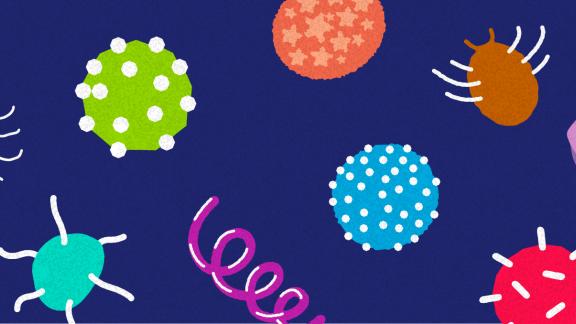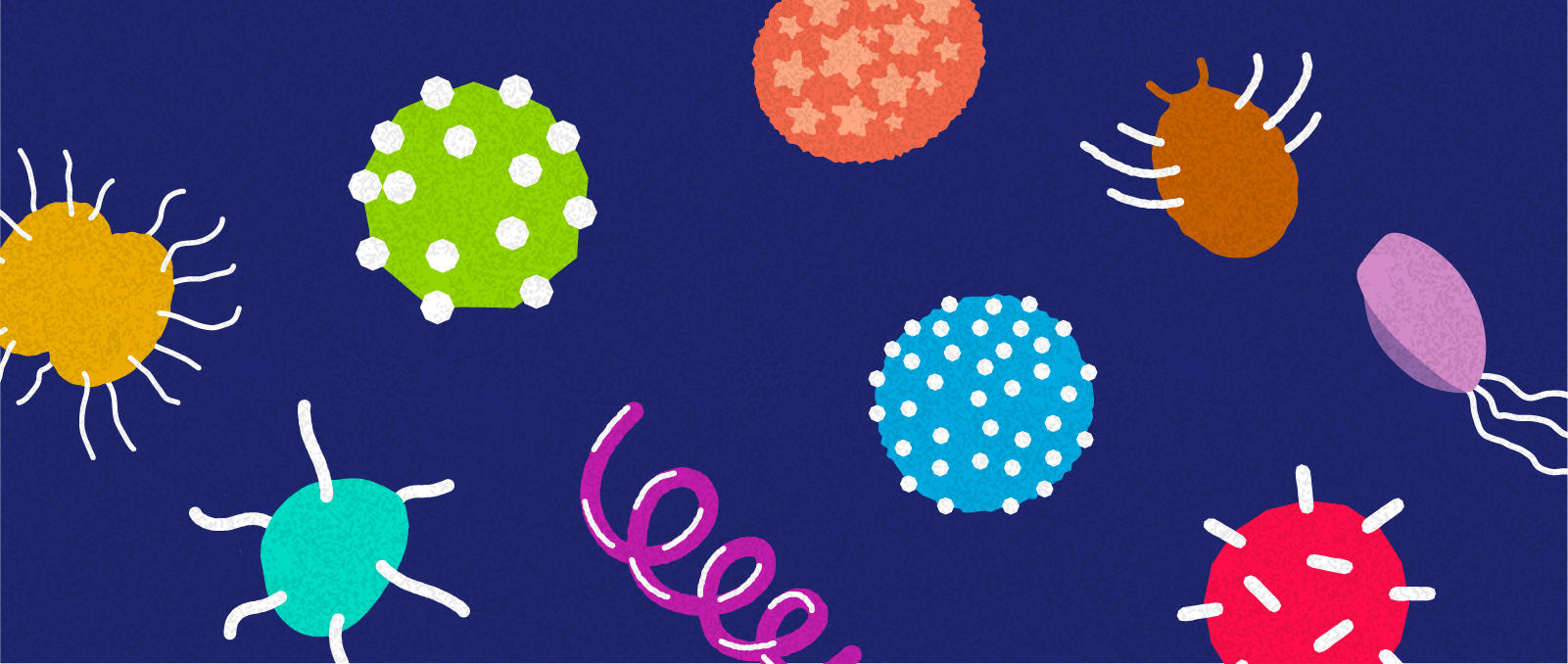Gonorrhoea is a common bacterial infection. Anyone who is sexually active can catch gonorrhoea. No one should feel ashamed about contracting gonorrhoea, and it is worth noting that it is treatable.
Gonorrhoea is caused by bacteria called Neisseria gonorrhoea that is found in semen and vaginal fluid of people who have the infection. It is passed from one person to another through vaginal, anal, or oral sex without a condom and sharing sex toys without washing them or covering them with a condom with each use.
The bacteria can infect the entrance to the womb (cervix), the tube that passes urine out of the body (urethra), the rectum and, sometimes, the throat or eyes.
Gonorrhoea can also be passed to babies during childbirth but can be treated during pregnancy with antibiotics. If you're pregnant and may have gonorrhoea, it's important to get tested and treated before your baby is born.
You cannot get gonorrhoea through casual contact such as kissing or hugging.
Symptoms
Some people with gonorrhoea don’t have any obvious signs or symptoms. So even if you don’t have any symptoms, it’s really important you get tested if you’ve had unprotected sex.
If you do develop symptoms you may experience:
- unusual green or yellow discharge from the vagina
- unusual green, yellow, or white discharge from the tip of the penis
- a burning feeling when peeing
- pain or tenderness in the lower abdomen (tummy)
- heavy periods or bleeding between periods (this is rare)
- painful swelling of the foreskin
- pain or tenderness in the testicles (this is rare)
If left untreated, gonorrhoea can lead to pelvic inflammatory disease (in women), infertility, and other complications. It is important to get tested and treated as soon as possible if you think you might have gonorrhoea.
Testing
If you’ve had unprotected sex, have a test as soon as you can. Accurate results should appear after two weeks.
Testing for gonorrhoea is done with either a urine test or a swab test:
- The swab collects a sample from inside the vagina or from the tip of the penis.
- If you have had oral or anal sex, then a swab may be taken from either your throat or rectum.
- Taking the swabs may be slightly uncomfortable but should not be painful.
- Testing from a penis is often from a urine sample instead of a swab, unless you have symptoms.
If there is a high chance that you have gonorrhoea (for example if your partner has tested positive), you may be given treatment before the results are back.
Treatment
Treatment often involves having an antibiotic injection and a course of antibiotic tablets. Most of your symptoms should improve within a few days with effective treatment. It is important to complete the full course of treatment even if symptoms start to clear.
If you had symptoms, you should notice improvements quite quickly. You should go back to where you had your test if:
- the symptoms don’t improve within a week
- you have unprotected sex again
- you had unprotected sex with your partner before the treatment was finished
- you did not follow the instructions or complete the treatment
- the test was negative, but you develop signs and symptoms of gonorrhoea
We recommend you attend a follow-up appointment 1-2 weeks after treatment so another test can be carried out to see if you're clear of infection.
You should also avoid having sex until you have been given the all-clear by your healthcare provider.
It's important that your current sexual partner and any other recent sexual partners you have had are also tested and treated to help stop the spread of the infection.
Prevention
There are several ways to reduce the risk of infection and protect yourself and your partners from gonorrhoea and other STIs. It's also a good idea to get tested before each new sexual partner or every three to six months.
You can help prevent the spread of gonorrhoea by using a condom every time you have vaginal or anal sex and to cover the penis during oral sex, and by avoiding sharing sex toys. When used correctly and consistently, condoms are one of the most effective methods of protection against gonorrhoea and other STIs.
Learn more about different types of STIs and their symptoms, treatment, and prevention
when
Subject
HIV and STIs










